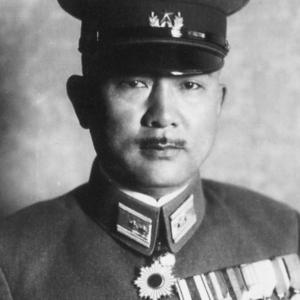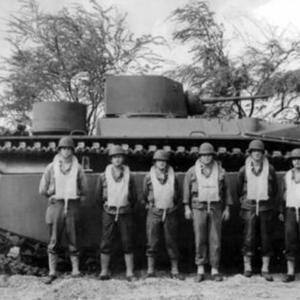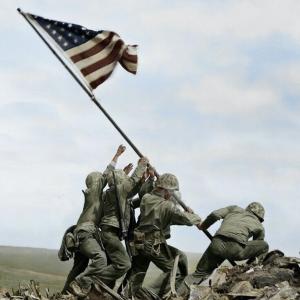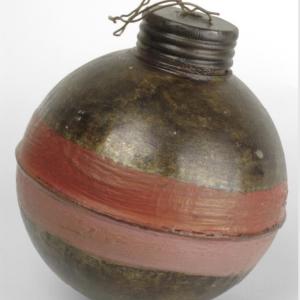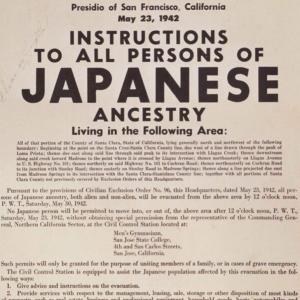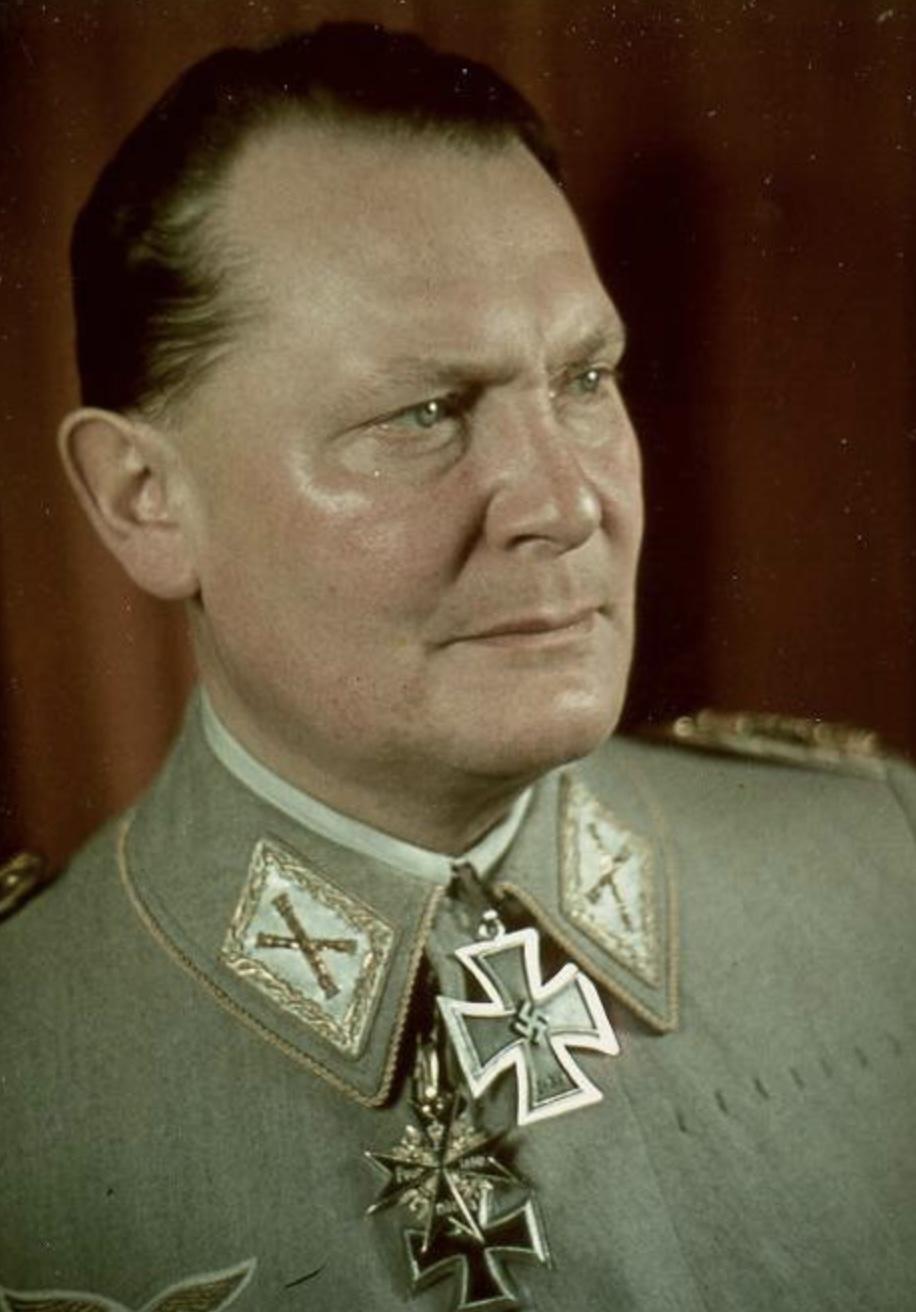
Herman Goring
Hermann Wilhelm Göring was born on January 12, 1893, in Rosenheim, Bavaria, in the German Empire. He was the fourth of five children born to Heinrich Ernst Göring, a former colonial governor of German South-West Africa, and Franziska Tiefenbrunn. Göring's upbringing was steeped in conservative, nationalistic values. He was educated in military academies and developed an early interest in aviation and military affairs.
When World War I broke out in 1914, Göring joined the German Army as an infantry officer. However, due to illness, he transferred to the air force (Luftstreitkräfte), where he flourished as a fighter pilot. By 1917, he was flying with the elite "Richthofen Squadron" (also known as the Flying Circus), named after the famed ace Manfred von Richthofen, the "Red Baron." After Richthofen’s death, Göring eventually took command of the squadron, a significant honor. By the end of the war, he had been awarded the Pour le Mérite, Germany's highest military honor.
The defeat of Germany in 1918 left Göring embittered, as it did many veterans. He bought into the myth of the “stab in the back,” a conspiracy theory that claimed Germany’s military hadn’t been defeated on the battlefield but betrayed by civilians, Jews, and leftist politicians. These beliefs laid the foundation for his future involvement in far-right politics.
Following the war, Göring struggled to find direction. He worked briefly as a commercial pilot and even lived in Sweden, where he married Carin von Kantzow, a Swedish noblewoman, in 1923. That same year, Göring returned to Germany and encountered Adolf Hitler. Captivated by Hitler's charisma and nationalist rhetoric, he joined the Nazi Party and was quickly given command of the SA (Sturmabteilung), the party's paramilitary wing.
Göring participated in Hitler’s failed Beer Hall Putsch in Munich in November 1923. During the chaos, he was shot in the groin and fled to Austria, later recovering in Italy and Sweden, where he also developed an addiction to morphine due to the pain from his injuries. His addiction would haunt him for years.
After the Nazis reemerged as a political force in the late 1920s, Göring returned to Germany and was elected to the Reichstag (parliament) in 1928. By 1932, he was its president. He became one of Hitler’s most trusted allies and played a crucial role in the Nazis' consolidation of power. After Hitler was appointed Chancellor on January 30, 1933, Göring's influence surged. He was named Minister without Portfolio, but soon gained control over the Prussian police and Gestapo (secret state police).
Göring was instrumental in crushing opposition to the Nazis. He created the Gestapo, which he later handed over to Heinrich Himmler. He also helped orchestrate the Reichstag Fire Decree, which suspended civil liberties and allowed for mass arrests of Communists and political opponents. His use of terror and propaganda helped transform the democratic Weimar Republic into a totalitarian Nazi dictatorship.
In 1935, Göring became Commander-in-Chief of the Luftwaffe, Germany’s newly created air force. He was one of the key figures behind the rearmament of Germany, in defiance of the Treaty of Versailles. Hitler rewarded his loyalty by granting him lavish privileges, including titles, estates, and art treasures looted from across Europe.
By the late 1930s, Göring was at the height of his power. He was designated as Hitler's successor in 1939 and held numerous titles, including Reichsmarschall (Marshal of the Empire)—the highest military rank created during the Third Reich. As head of the Luftwaffe, Göring promised swift victory from the air, but his reputation would suffer due to a series of military failures.
One of his most significant blunders was during the Battle of Britain in 1940. Göring assured Hitler that the Luftwaffe could destroy the Royal Air Force and clear the way for a German invasion of Britain. However, the Luftwaffe failed to gain air superiority, and the invasion plan was abandoned. This marked the beginning of Göring’s decline.
Despite setbacks, Göring remained a central figure in the regime. He was involved in the Four-Year Plan, overseeing the economic preparation for war, and played a central role in the exploitation of occupied territories. More damningly, he was complicit in the Holocaust. A key document signed by Göring in 1941 authorized Reinhard Heydrich to organize the “Final Solution”—the plan to systematically exterminate the Jews of Europe.
As the war turned against Germany, Göring became increasingly marginalized. His lavish lifestyle and inefficiency drew criticism even from within Nazi ranks. By 1945, with Germany collapsing, Göring saw the writing on the wall. In April of that year, with Hitler isolated in his Berlin bunker, Göring sent a telegram suggesting that he take over leadership of the Reich, as per Hitler’s earlier decrees.
Hitler, in a paranoid rage, accused Göring of treason. He stripped him of all titles and ordered his arrest. Göring surrendered to American forces on May 9, 1945.
At the Nuremberg Trials, Göring was one of the most prominent defendants. He was charged with war crimes, crimes against humanity, and conspiracy to commit those crimes. He conducted a vigorous and often arrogant defense, trying to justify Nazi policies and portraying himself as a loyal German patriot. Despite his attempts to manipulate the court, he was found guilty on all counts and sentenced to death by hanging.
However, Göring cheated the gallows. On the night of October 15, 1946, just hours before his execution, he committed suicide by ingesting a cyanide capsule that had been smuggled into his prison cell. His death robbed the Allies of a final moment of justice, but it also underscored the deep corruption and deceit that marked his life and career.
Hermann Göring’s life was a dramatic arc of ambition, violence, privilege, and betrayal. From war hero to one of history’s most infamous war criminals, his legacy remains a chilling reminder of the dangers of authoritarianism and unchecked power.

